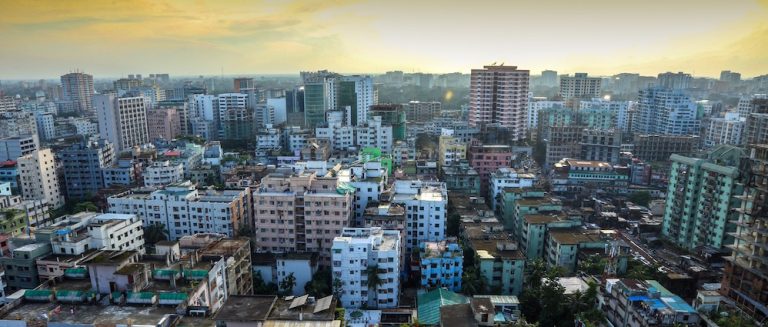
Pakistan Pakistan A4AI-Pakistan Multi-Stakeholder Coalition In 2022, A4AI established a close partnership with Pakistan Telecommunication Authority (PTA) to work on a Digital Gender Strategy. A4AI will be leading a multistakeholder gender sensitization workshop with the PTA. The cooperation agreement encourages mutually…
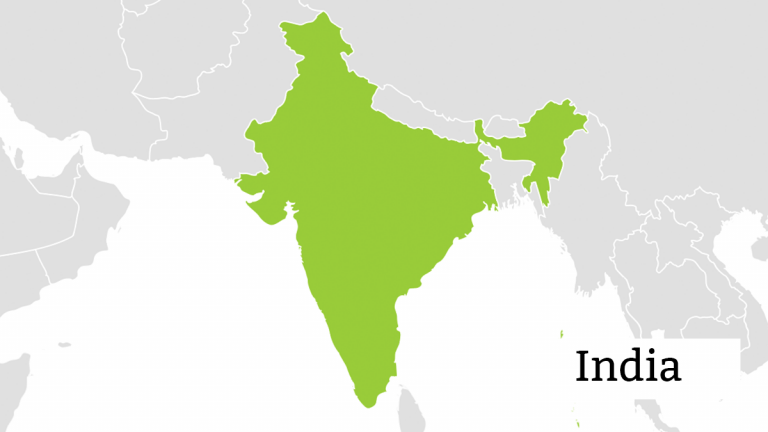
India’s top three telecom companies implemented peer-to-peer recharge schemes to alleviate some of the negative impacts of mobile recharge shop closures during the COVID-19 lockdown and to diversify payment options overall.
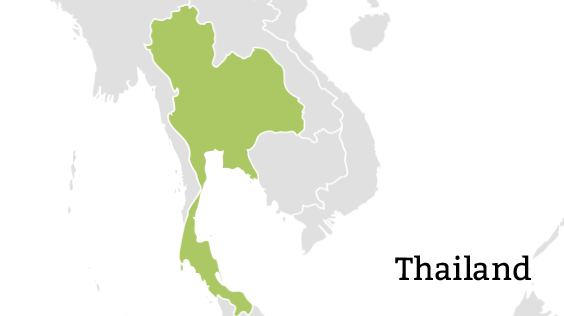
Thailand’s telecommunications regulator, in cooperation with network operators, provides 10GB of data for free to mobile users as a way to encourage people to stay at home during the COVID-19 state of emergency directive.

Following our publication of From Luxury to Lifeline in 2020, this is A4AI’s second data collection on device prices and the first with global coverage. It’s the world’s largest open dataset on mobile device prices, with indications of the cheapest new smartphone and feature phone from a major mobile network operator in 187 countries.
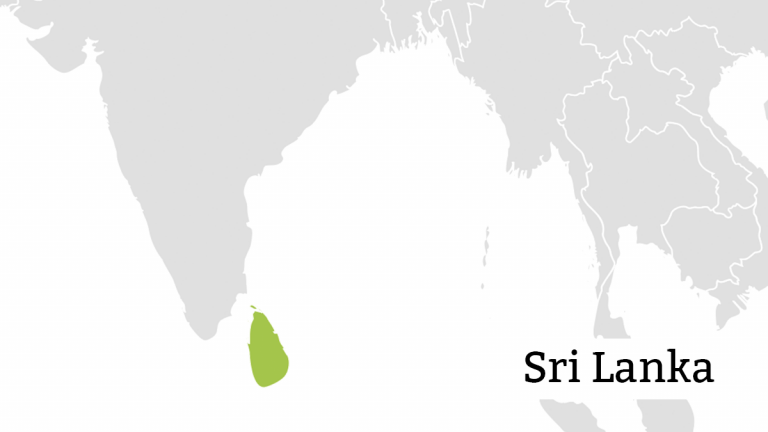
Sri Lanka’s proactive regulatory approach to defining and monitoring the quality of services provided by telecom operators helps protect consumers, drive down costs, and maintain healthy competition in the telecommunications market.
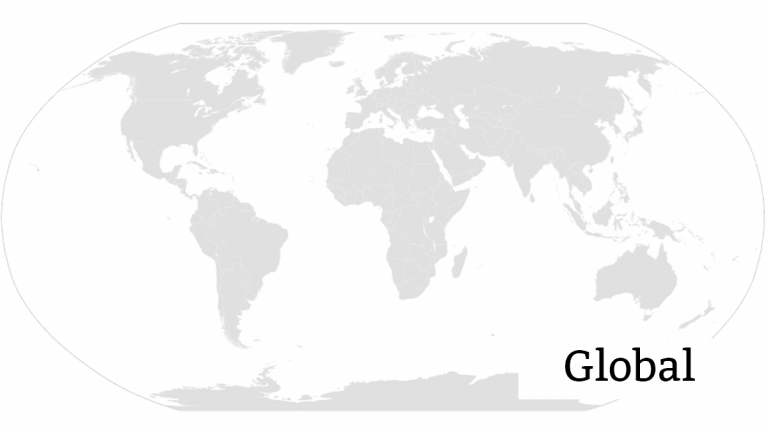
A lack of gender-disaggregated data is a challenge for closing the digital gender gap, but innovative uses of online advertising data provide an opportunity to fill in gaps and set baselines for progress.
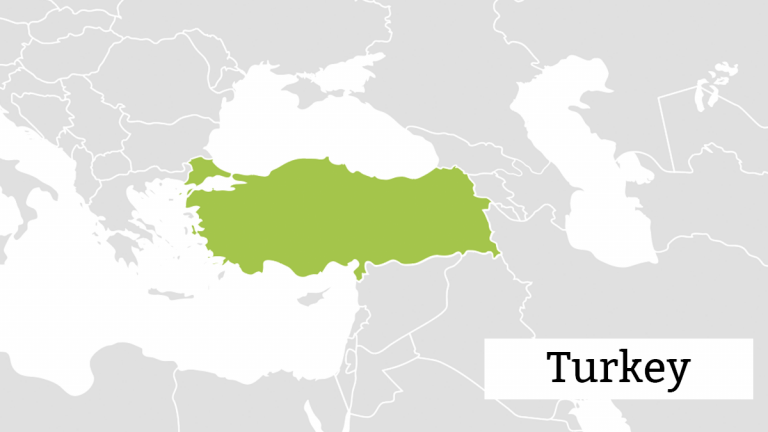
Turkey’s National Broadband Strategy and Action Plan helps increase the rollout of broadband in the country.
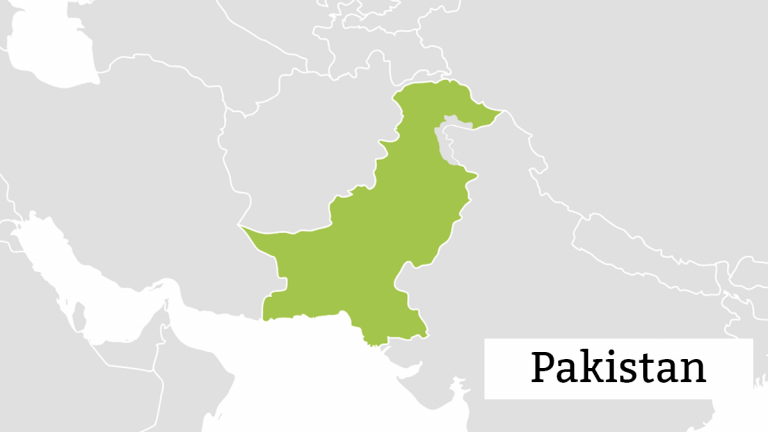
Pakistan’s Universal Service and Access Fund (USAF) helps deliver increased internet access for over 7,000 unserved and underserved areas by co-financing infrastructure development and creating a competitive market for services.
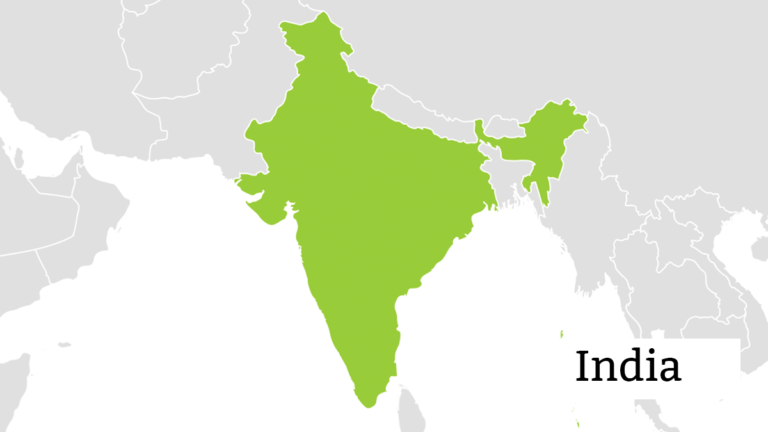
India’s enabling regulatory approach to passive and active infrastructure sharing reduces costs for operators and enables rapid deployment of mobile services.
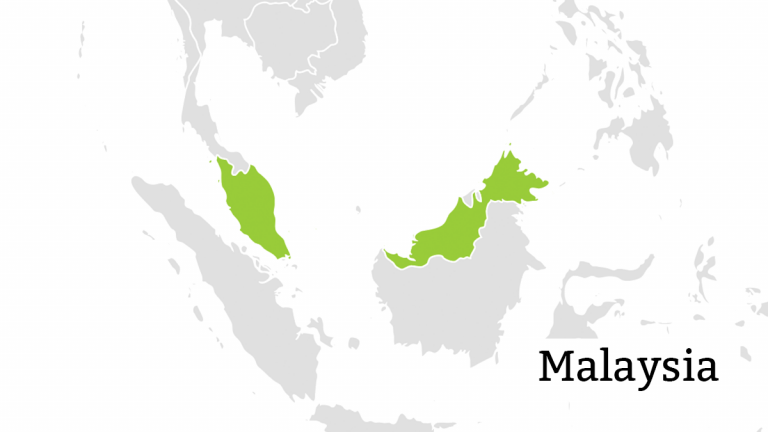
With effective national broadband plans and strategic use of its USAF, Malaysia has boosted internet penetration and affordability for its citizens.
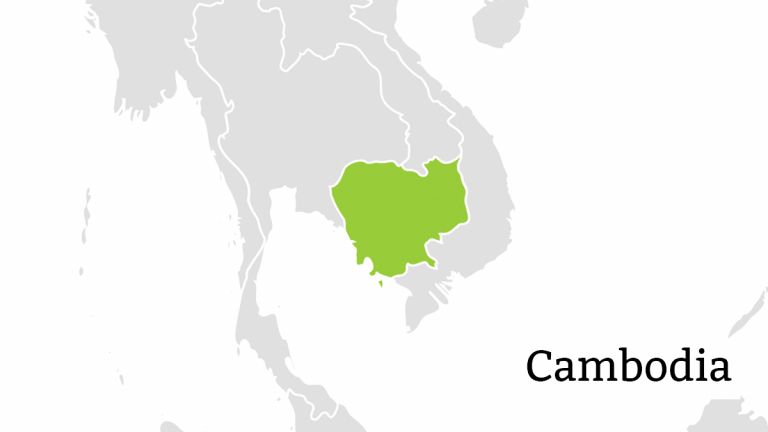
Cambodia, one of the poorest countries to reach the 1 for 2 standard, has seen mobile broadband affordability nearly double from 2015 through robust market competition and a welcoming regulatory environment.

The USAF takes an inclusive approach to help deliver ICT access to women in rural communities and narrow the digital gender gap.











